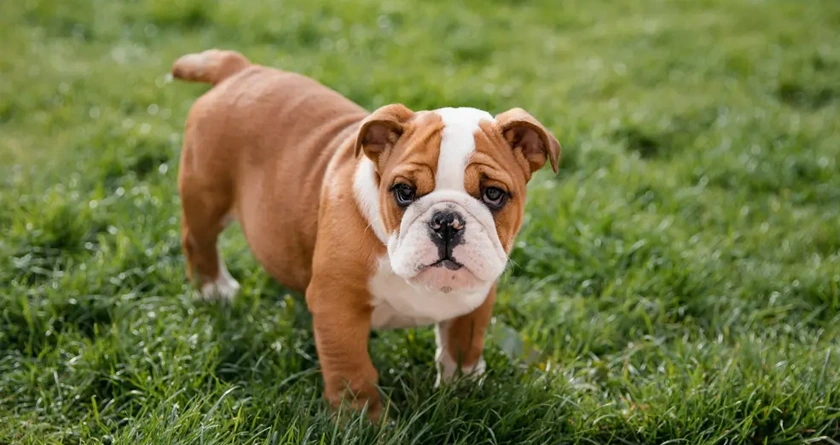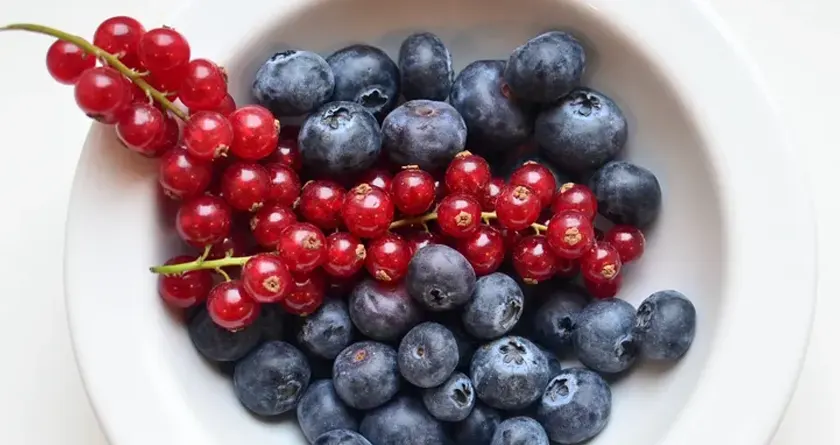
Pet-Keeping Has Soared During Pandemic- May Pose a Grim Picture for the Planet Say Experts
Experts on Pet keeping…learn more…
Tuesday, 24th August 2021
A survey by the Pet Food Manufacturers’ Association shows that the number of households in the UK that have adopted pets, has spiked since the beginning of the pandemic.
According to Nicole Paley, PFMA deputy chief executive, “Now, more than ever, we know that the companionship and joy pets can bring to people’s lives shouldn’t be under-estimated.”
That said, the sharp carbon footprint that cats and dogs come with, primarily owing to the large amounts of meat and animal products that their diets comprise of, cannot be denied.
Statistics show that in the US, meat consumption of cats and dogs generates approximately 64 million tonnes of CO2 per year. This is at comparable with a year’s worth of emission from driving 13 million cars, as per a study.
The research inferred that cats and dogs contribute to 25 to 30 per cent of the environmental impact of meat consumption in the US.
The production of meat consumes more energy, land and water than raising crops. About 14.5 per cent of global greenhouse gas emissions can be attributed to farming animals and 41 per cent of those emissions is accounted for by red meat production alone.
Gregory Okin, author of the study and a geography professor at the University of California, Los Angeles said, “Pets have many benefits, but also a huge environmental impact, those of us in favor of eating or serving meat need to be able to have an informed conversation about our choices, and that includes the choices we make for our pets.”
An analysis of dry pet food sold in the US and Europe has shown that 50 per cent of the food is made from fish and animal products. The remainder comprises of crop plants. Moreover, dry food production for cats and dogs takes up nearly 49 million hectares of agricultural land.
Researchers opine that the pet food industry “needs to do more to provide pet owners with sustainable alternatives and inform them about these through clear labels. That would help pet owners make better choices.”
Sustainable options would include already available plant-based products, such as NoochyPoochy, which is made from chickpeas, lentils and soybeans.
PFMA is of the opinion that insect-based pet food offers a nutritious, sustainable alternative to food made from animal products as they are rich sources of protein and contain high fats, minerals and amino acids.
The News Talkie Bureau
Source-
Independent.co.uk











